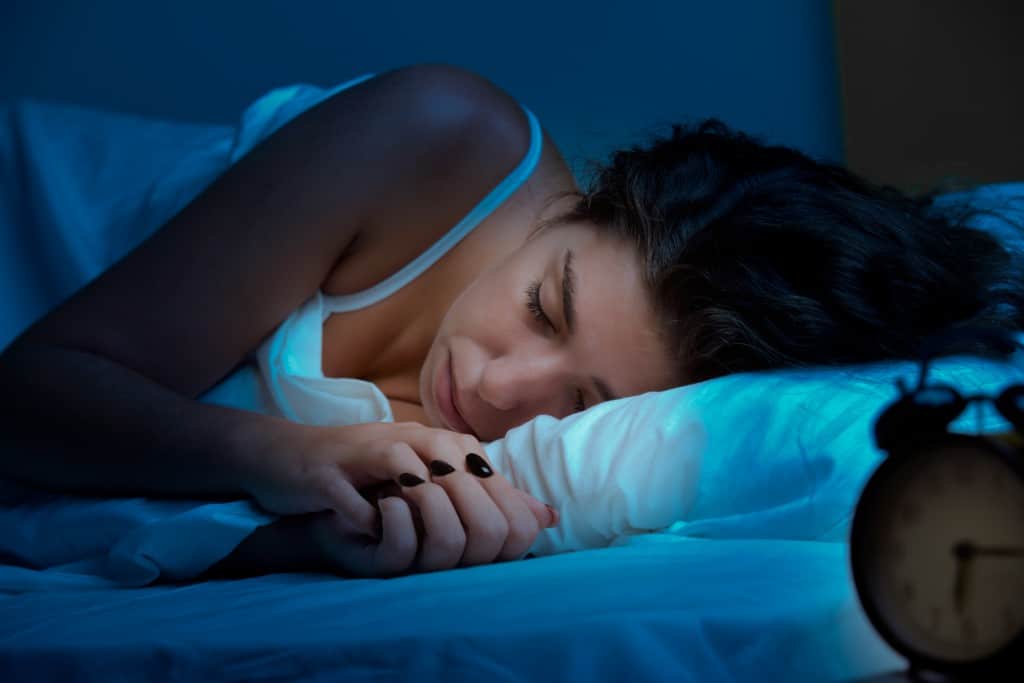Overview: Researchers from Northumbria University conducted an international review of studies appearing in the journal Advances in Nutrition analyzed whether being an early riser or a night owl can influence your health. The researchers’ main finding is that erratic eating patterns and consumption of unhealthy foods from staying awake later lead to an increased risk of heart disease and type 2 diabetes. Bottomline is it’s better to be an early riser and go to bed early.
From the Research (News Release): “People who go to bed later tend to have unhealthier diets, consuming more alcohol, sugars, caffeinated drinks and fast food than early risers. They consistently report more erratic eating patterns as they miss breakfast and eat later in the day. Their diet contains less grains, rye and vegetables and they eat fewer, but larger, meals. They also report higher levels of consumption of caffeinated beverages, sugar and snacks, than those with a morning preference, who eat slightly more fruit and vegetables per day. This potentially explains why night owls have a higher risk of suffering from chronic disease.”
Article Citation: Suzana Almoosawi, Snieguole Vingeliene, Frederic Gachon, Trudy Voortman, Luigi Palla, Jonathan D Johnston, Rob Martinus Van Dam, Christian Darimont, Leonidas G Karagounis; Chronotype: Implications for Epidemiologic Studies on Chrono-Nutrition and Cardiometabolic Health, Advances in Nutrition, https://doi.org/10.1093/advances/nmy070
Abstract Link: https://doi.org/10.1093/advances/nmy070
How to apply:
- Set a regular sleep schedule every night on weekdays and weekends. Regular bedtimes and wake-up times help to regulate your body’s clock and metabolic processes.
- Set a bedtime alarm reminding you to get ready for bed. Do relaxing activities like taking a warm bath to help you feel sleepy.
- Make sure you avoid late night snacks.
- Avoid caffeine at least four hours before bedtime.
- Make sure you exercise during the day, not before you sleep. While research is mixed, it is probably better not to do right before you go to bed.
- Also, try and set up your environment for sleep success. Make sure the temperature is cool and you have the proper bedding. According to the National Sleep Foundation the the “suggested bedroom temperature should be between 60 and 67 degrees.”
- Make your sleep environment quiet — aesthetically and in terms of noise. Buy a sound machine.
- Don’t stay in bed too long if you can’t fall asleep. Leave the bedroom and do something relaxing until you feel sleepy.
Turn off electronics at least an hour before you sleep. Get rid of the TV, computer,tablet and smartphone in the bedroom.


